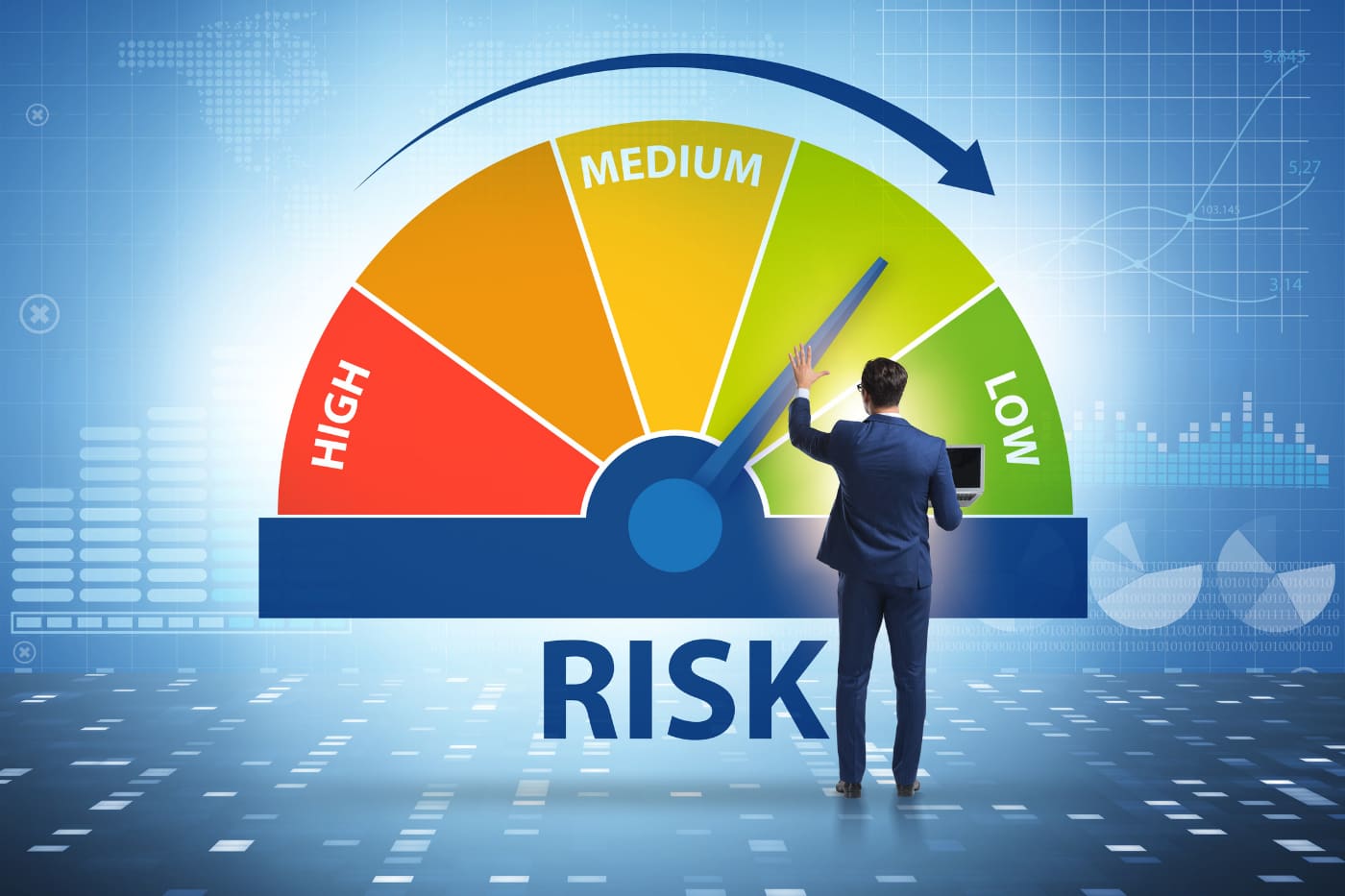Project Liability Management Insurance in the realm of project management, risks are inevitable. No matter how meticulously planned a project is, unexpected events can arise, leading to delays, financial losses, and legal disputes. Project Liability Management Insurance (PLMI) emerges as a critical tool to mitigate these risks, offering protection to stakeholders involved in projects of varying scales and complexities. This comprehensive guide delves into the intricacies of PLMI, its significance, coverage, benefits, and key considerations for businesses and project managers.
Understanding Project Liability Management Insurance
Project Liability Management Insurance, often referred to simply as PLMI, is a specialized form of insurance designed to safeguard project stakeholders against liabilities arising from unforeseen events during project execution. It serves as a safety net, offering financial protection and legal support in case of incidents that could lead to financial losses, property damage, bodily injury, or legal disputes.
Significance of PLMI
In today’s dynamic business environment, where projects span various industries and geographical locations, the importance of PLMI cannot be overstated. Some key reasons why PLMI holds significant value include:
- Risk Mitigation: Projects inherently involve risks, ranging from natural disasters to human errors. PLMI helps mitigate these risks by providing coverage for unexpected events, minimizing financial losses for all involved parties.
- Legal Compliance: Many projects are subject to regulatory requirements and contractual obligations. PLMI ensures compliance with such mandates, offering protection against legal liabilities that may arise due to non-compliance.
- Financial Security: Large-scale projects often require substantial investments of time, resources, and capital. PLMI provides financial security by covering potential liabilities, thereby safeguarding the project’s budget and preventing financial setbacks.
- Reputation Protection: Reputational damage resulting from project-related incidents can have long-lasting effects on businesses and stakeholders. PLMI helps protect the reputation of project participants by managing liabilities effectively and resolving disputes efficiently.
Coverage Offered by PLMI
PLMI policies typically offer a wide range of coverage tailored to the specific needs of the project and its stakeholders. Some common types of coverage include:
- Third-Party Liability: Covers liabilities arising from bodily injury or property damage to third parties, such as customers, vendors, or bystanders, caused by project-related activities.
- Professional Indemnity: Protects against claims of professional negligence, errors, or omissions in the performance of professional services, such as engineering, consulting, or design.
- Contractors’ All Risks (CAR): Provides coverage for loss or damage to the project works, materials, and equipment during construction, including risks such as fire, theft, vandalism, and natural disasters.
- Delay in Start-Up (DSU): Compensates for financial losses resulting from delays in project completion beyond the agreed-upon timeline, covering additional expenses and loss of revenue.
- Environmental Liability: Covers liabilities arising from environmental damage or pollution caused by project activities, including cleanup costs and legal expenses.
Benefits of PLMI
The adoption of PLMI offers numerous benefits to project stakeholders, including:
Enhanced Risk Management: PLMI facilitates proactive risk management by identifying potential liabilities and implementing measures to mitigate risks effectively.
- Cost Savings: By transferring certain risks to the insurer, PLMI helps reduce the financial impact of unexpected events, saving businesses from bearing the full burden of liabilities.
- Peace of Mind: Knowing that they are covered by PLMI provides stakeholders with peace of mind, allowing them to focus on project objectives without constant worry about potential risks.
- Improved Stakeholder Relationships: PLMI fosters trust and confidence among project stakeholders by demonstrating a commitment to risk management and financial responsibility.
- Competitive Advantage: Businesses that invest in PLMI demonstrate their readiness to undertake projects responsibly, thereby enhancing their competitiveness in the marketplace.
Key Considerations for Businesses and Project Managers in PLMI
While PLMI offers valuable protection, businesses and project managers should consider several factors when selecting and managing PLMI policies:
- Tailored Coverage: Ensure that the PLMI policy is tailored to the specific risks and requirements of the project, taking into account factors such as project scope, duration, location, and contractual obligations.
- Insurance Provider Reputation: Choose a reputable insurance provider with a proven track record in project liability management and a strong financial standing to ensure reliable coverage and claims handling.
- Policy Exclusions and Limitations: Thoroughly review the policy exclusions, limitations, and conditions to understand the extent of coverage and any obligations or responsibilities imposed on the insured parties.
- Claims Management Procedures: Familiarize yourself with the claims management procedures outlined in the PLMI policy, including reporting requirements, documentation procedures, and timelines for claims processing.
- Continuous Risk Assessment: Conduct regular risk assessments throughout the project lifecycle to identify emerging risks and adjust insurance coverage accordingly to maintain adequate protection.
Conclusion on Project Liability Management Insurance
Project Liability Management Insurance plays a pivotal role in safeguarding project stakeholders against the uncertainties and risks inherent in project execution. By providing comprehensive coverage, financial security, and peace of mind, PLMI enables businesses and project managers to navigate challenges effectively and protect their interests. By understanding the significance, coverage, benefits, and key considerations associated with PLMI, stakeholders can make informed decisions to mitigate risks and ensure the successful delivery of projects.






